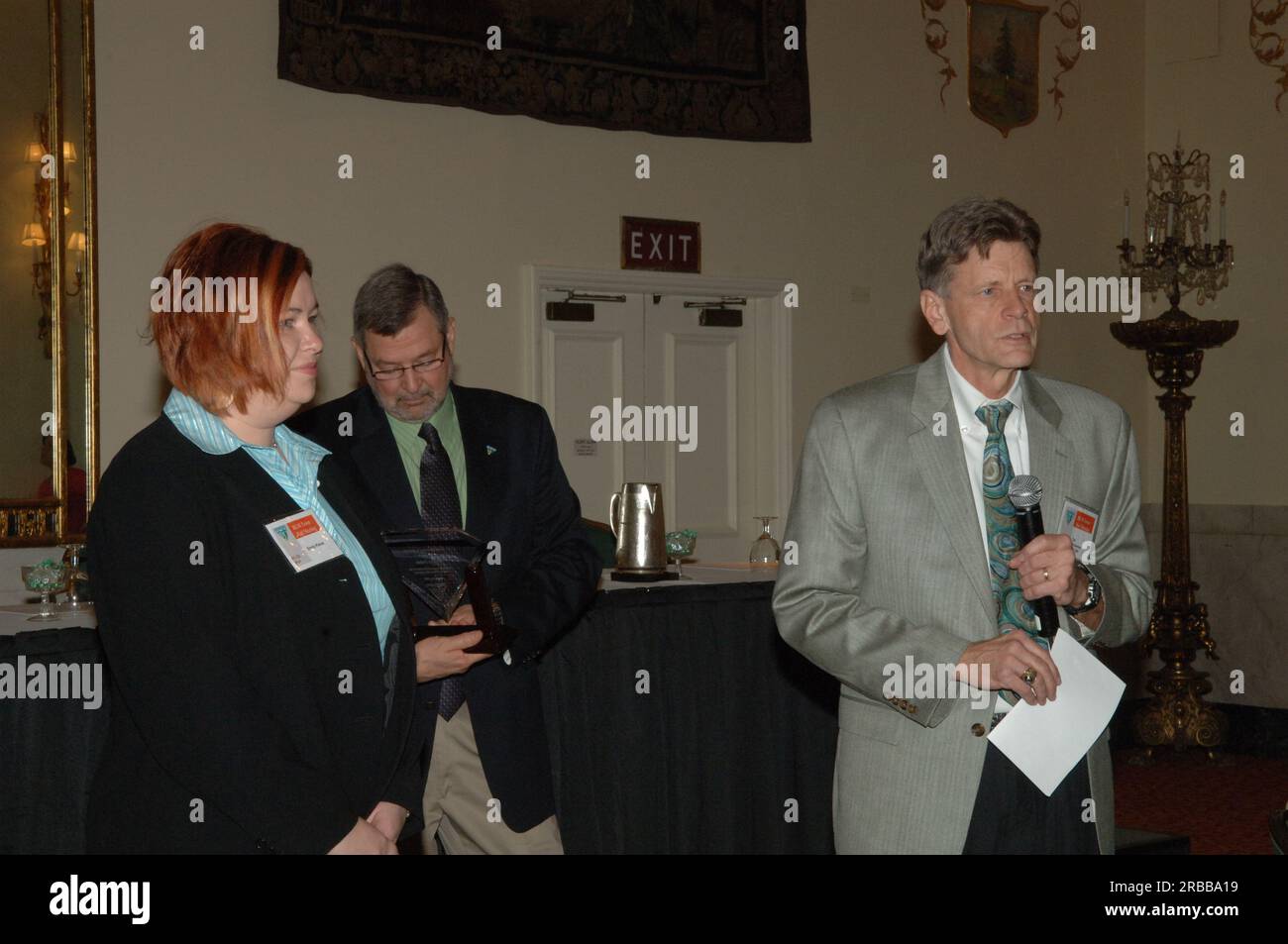Have you ever stopped to think about how a name, just a simple collection of letters, can take on so many different forms and meanings depending on where you find it? It's really quite something, isn't it? We're going to take a closer look at "James Caswell," not as a single, fixed person, but as a fascinating thread that runs through various conversations and creative ideas. This exploration will pull from different places where the name "James" appears, showing us how it shapes stories, sparks discussions, and even helps us think about how language works.
So, we'll see how this name pops up in some interesting spots, from quiet characters in books to lively online chats. It's almost like a little adventure, looking at how the same name can mean so many things. We'll peek into how writers use it, how grammar rules apply to it, and even how it shows up in casual talks about everyday things.
This isn't about one specific person, you know, like your next-door neighbor. Instead, it’s about the idea of "James Caswell" as a concept, a kind of placeholder for different thoughts and moments. We will, in a way, uncover the various ways this name, or parts of it, contribute to the broader tapestry of creative expression and communication. It's pretty interesting, actually, to see how a name can have such a presence.
Table of Contents
- Who is James Caswell - A Look at His Literary Presence?
- What is in a Name - James Caswell's Possessive Forms?
- How Does James Caswell Show Up in Stories?
- James Caswell and the Idea of Luck
- James Caswell's Role in Conversations
- Thinking About James Caswell's Introductions
- What is James Caswell's Connection to Ideas?
- James Caswell in the Digital Space
Who is James Caswell - A Look at His Literary Presence?
When we talk about "James Caswell" in this context, we're really looking at the various roles and mentions of a character named James, as they pop up in different discussions. It's kind of like piecing together a puzzle, where each piece gives us a tiny bit more information about how this name gets used. One of the more interesting parts, you know, comes from a story where a main character, a man named James, doesn't say a word for the first three parts of the book. This silence is pretty striking, and it tells us something about his situation.
He doesn't speak because, well, he simply has no one around to talk to. This suggests a person who is, in some respects, quite isolated, perhaps even a bit cut off from others. It paints a picture of a quiet existence, where communication isn't happening. So, for "James Caswell," this initial portrayal gives us a sense of someone who might be keeping to themselves, at least at first. It’s a very specific kind of introduction to a character, showing a lack of connection rather than a lot of activity.
This quiet beginning sets a particular tone for this version of James. It suggests a story that might explore themes of solitude or the search for companionship. It makes you wonder what happens later, when he finally does find someone to share words with. This quietness, actually, is a really strong way to start a character's journey, making you curious about his inner world without him saying anything at all.
- Loovekat Nudes
- Om Grown Yoga Bryan Tx
- Pizza Beer Bagel Festival
- Daniel Ovadãa
- Scarlett Rose Leithold Nude
Personal Details - James Caswell's Observed Traits
| Name | James Caswell |
| Role in one story | Main character |
| Observed trait (early in story) | Silent, detached, no one to talk to |
| Associated concepts | Luck, possessive grammar, literary discussions, online chatter |
| Appearances | As a character, a name in author lists, a subject of discussion threads |
The Silent Start of James Caswell
The idea of a character, like our "James Caswell," starting off without speaking is pretty powerful, isn't it? It's not just that he's quiet; it's that the lack of conversation is tied to having no one to share words with. This creates a feeling of being very much on his own. It makes you think about what it means to be truly alone, when there's no one there to hear your thoughts or respond to your presence. This early quietness for James Caswell really highlights a sense of being separate from others, more or less.
This initial state of detachment, where James Caswell is not connected to others, means his story starts from a place of quiet observation. He's experiencing the world without interacting much, which can give a reader a unique view into his thoughts, even if those thoughts aren't spoken aloud. It forces the writer, and the reader, to look for other clues about what's going on inside him. It’s almost like you have to guess what he’s feeling or thinking, which can be pretty engaging.
A character who remains silent for a good portion of a book, like this version of James Caswell, can leave a lasting impression. It's a bold choice for a writer, making the reader wonder about his past and what might bring him to finally speak. This kind of portrayal, actually, can make the eventual moment he does talk feel even more significant, a real turning point in his story. It’s a very deliberate way to build a character.
What is in a Name - James Caswell's Possessive Forms?
When we consider a name like "James Caswell," it's not just about the person or character it represents; it also brings up some interesting points about how we use language, particularly when we talk about things belonging to someone. The way we show possession with names can be a little tricky, and it’s something people often discuss in writing forums. For instance, when it comes to "James," there are typically a couple of ways to show that something belongs to him.
One common way, based on what many learn in school, is to simply add an apostrophe and an "s" to the name. So, for "James Caswell," if he owned something, you might write "James Caswell's." This rule applies because the name is singular, meaning it refers to just one person. It's a pretty straightforward method that most people are familiar with. This is usually the first thing that comes to mind when you think about how to show possession with a name ending in 's'.
However, there's sometimes another way, especially with names that already end in an "s." Some style guides might suggest just adding an apostrophe after the "s," so it would be "James'." This is less common now, but it's still out there. The key, as it turns out, is often to choose the method that best fits the overall feeling and sound of the story you are trying to tell. This helps the writing flow better and feels right for the reader. It's really about consistency and what sounds most natural in the context of your writing.
Making Sense of James Caswell's Belongings
Thinking about how to show what belongs to "James Caswell" can feel like a small puzzle for writers. The choice between "James Caswell's" with the extra 's' or "James Caswell'" with just the apostrophe can make a slight difference in how a sentence reads. It’s a matter of grammar, yes, but it also has a little something to do with the rhythm of the words and what sounds most pleasing to the ear. Basically, you want it to feel right as you read it out loud.
The common advice, especially for names like "James Caswell" that end in an 's' sound, often leans towards adding the apostrophe and another 's'. This makes the possessive form clear and consistent with how we treat most other singular nouns. It’s a pretty standard approach that helps avoid confusion. It’s almost like a default setting for showing ownership in writing.
Ultimately, the best way to handle "James Caswell's" possessions comes down to what fits the specific piece of writing. If the story has a certain old-fashioned feel, perhaps the single apostrophe might work. But for most modern writing, the 's after the apostrophe is the usual choice. It’s about making a choice that serves the story's voice and helps the reader move through the text without a hitch, you know? It's not a huge decision, but it's one that shows care for the language.
How Does James Caswell Show Up in Stories?
Beyond being a quiet character in a book, the name "James" (and by extension, "James Caswell" in our discussion) appears in many other literary settings, especially when we look at authors. It's interesting how a name can connect different types of stories and genres. For instance, some well-known writers use "James" as part of their pen names or real names, creating a kind of literary family tree that stretches across various styles of fiction.
You find authors like Jayne Ann Krentz, who writes romantic suspense, also using names such as Jayne Castle for paranormal romance, and Amanda Quick for historical romance. Then there's Stephanie James, who is known for erotic romance. These examples show how authors might use different names, sometimes including "James," to mark out their work in different categories. It’s a bit like having different hats for different occasions, you know?
This use of "James" in author names highlights how the name itself carries a certain weight or association within the world of books. It’s not just a random pick; it becomes part of the identity of the writer and the kind of stories they tell. So, when we think of "James Caswell," we can also consider how the name might fit into different literary traditions, from quiet character studies to more adventurous or romantic tales. It's pretty cool, actually, how a name can span so much.
The Many Faces of James Caswell in Fiction
The name "James Caswell" can represent more than just one type of character or author. It shows up in various forms, suggesting a broad presence in the world of storytelling. Think about how a name can be part of a writer's identity, helping readers recognize their work, even if they write under different titles for different genres. It’s a way of signaling what kind of story you might be getting into.
When authors choose names, whether their own or a pen name, there's often a reason behind it. The name "James" appears across different genres, from thrilling suspense to romantic tales, showing its flexibility. This suggests that "James Caswell" could be a character who fits into many kinds of narratives, or even an author who explores a wide range of topics. It’s really about how versatile a name can be, isn't it?
This variety in how "James" is used in fiction means that any story featuring a "James Caswell" could go in many directions. It could be a quiet, thoughtful piece, or something full of excitement and feeling. The name itself doesn't limit the kind of story it can be a part of. It offers a kind of open invitation to different storytelling possibilities, which is, in some respects, pretty neat.
James Caswell and the Idea of Luck
Sometimes, a character's journey, or even their very existence in a story, seems to hinge on something as unpredictable as luck. This idea pops up when thinking about "James Caswell." There's a thought that it was simply good fortune, or a twist of fate, that brought a character named James into a certain situation. It suggests that external forces, rather than deliberate actions, played a big part in shaping events.
The phrase "it was luck that had brought him James" points to an element of chance in how characters meet or how plots unfold. It’s not about someone planning something out; it’s about things just happening to fall into place in a way that benefits the story or a particular person. This can add a feeling of destiny or serendipity to a narrative. It’s almost like the universe decided this person, James Caswell, needed to be there.
This emphasis on luck also means that the tone of a story might be influenced by this unpredictable element. If luck is a big factor, the story might feel more whimsical, or perhaps even a bit uncertain, because things aren't entirely within anyone's control. It makes you think about how much of life, or a story, is truly planned versus what just happens by chance. This idea, frankly, can make a story feel more real, because luck does play a part in our own lives, too.
When Fortune Smiles on James Caswell
The idea of luck playing a role in the story of "James Caswell" is a compelling one. It suggests that some key events or connections happened not because of a grand plan, but simply by chance. This can make the narrative feel more organic, like life itself, where unexpected turns often lead to significant outcomes. It's a pretty human way to think about how things come to be.
When a character like James Caswell is brought into a situation by luck, it can create a sense of wonder. It implies that certain relationships or opportunities were not sought out, but rather stumbled upon. This element of chance can make the story feel more adventurous and less predictable, which is, in some respects, a good thing for a reader. It keeps you on your toes, wondering what unexpected thing might happen next.
Ultimately, when luck brings "James Caswell" into focus, it gives the writer a lot of freedom. They can explore how chance encounters shape a character's path, or how seemingly random events can have profound effects. It’s a way of saying that sometimes, the best things, or the most interesting things, just happen. It’s about embracing the unplanned moments that make a story truly unique, you know?
James Caswell's Role in Conversations
Beyond being a character or a name in a book, "James" also shows up as someone who speaks, someone involved in direct conversation. This gives us a different view of "James Caswell" – one where he is actively engaging with others, rather than being silent or just a name on a page. It shows a dynamic side, where words are exchanged and interactions unfold.
For example, in one snippet, James says, "we should go for a walk, the woods are beautiful at this time of year." This simple line tells us a lot. It shows he is observant, appreciating nature, and also that he is initiating an activity with someone else. It's a very human moment, a suggestion for shared experience. It’s pretty clear that he’s trying to connect with someone.
The response to his words, with Alice dropping a spoon and bending to pick it up, adds another layer to this interaction. It shows a natural, almost clumsy moment that often happens in real conversations. It's not a grand, dramatic dialogue, but a small, everyday exchange that feels very genuine. This kind of detail helps to bring "James Caswell" to life as a person who talks and interacts with the world around him, just like anyone else, in a way.
Words from James Caswell
When "James Caswell" speaks, even in a small way, it gives us a direct window into his personality and his connection with others. His suggestion for a walk, for instance, isn't just about going outside; it's about sharing a moment, appreciating beauty, and inviting someone along. It speaks to a desire for companionship or shared experience, which is, in some respects, a common human longing.
The setting of the woods being beautiful at a certain time of year also suggests a person who notices and values the simple things in life. It paints a picture of someone who might be thoughtful or reflective. This brief bit of dialogue offers a glimpse into his character that a silent portrayal simply cannot. It’s a small detail, but it says a lot about him.
The casual, everyday nature of the conversation, complete with a dropped spoon, makes the interaction feel very real. It's not a staged or overly dramatic exchange, but something that could happen between any two people. This kind of genuine interaction helps to ground "James Caswell" as a believable figure, whether he's
- Orange County Fair Winterfest
- Mens Hosiery Fashion
- Lovely Business
- Anna Paul Nude Leaked
- Club Carter


